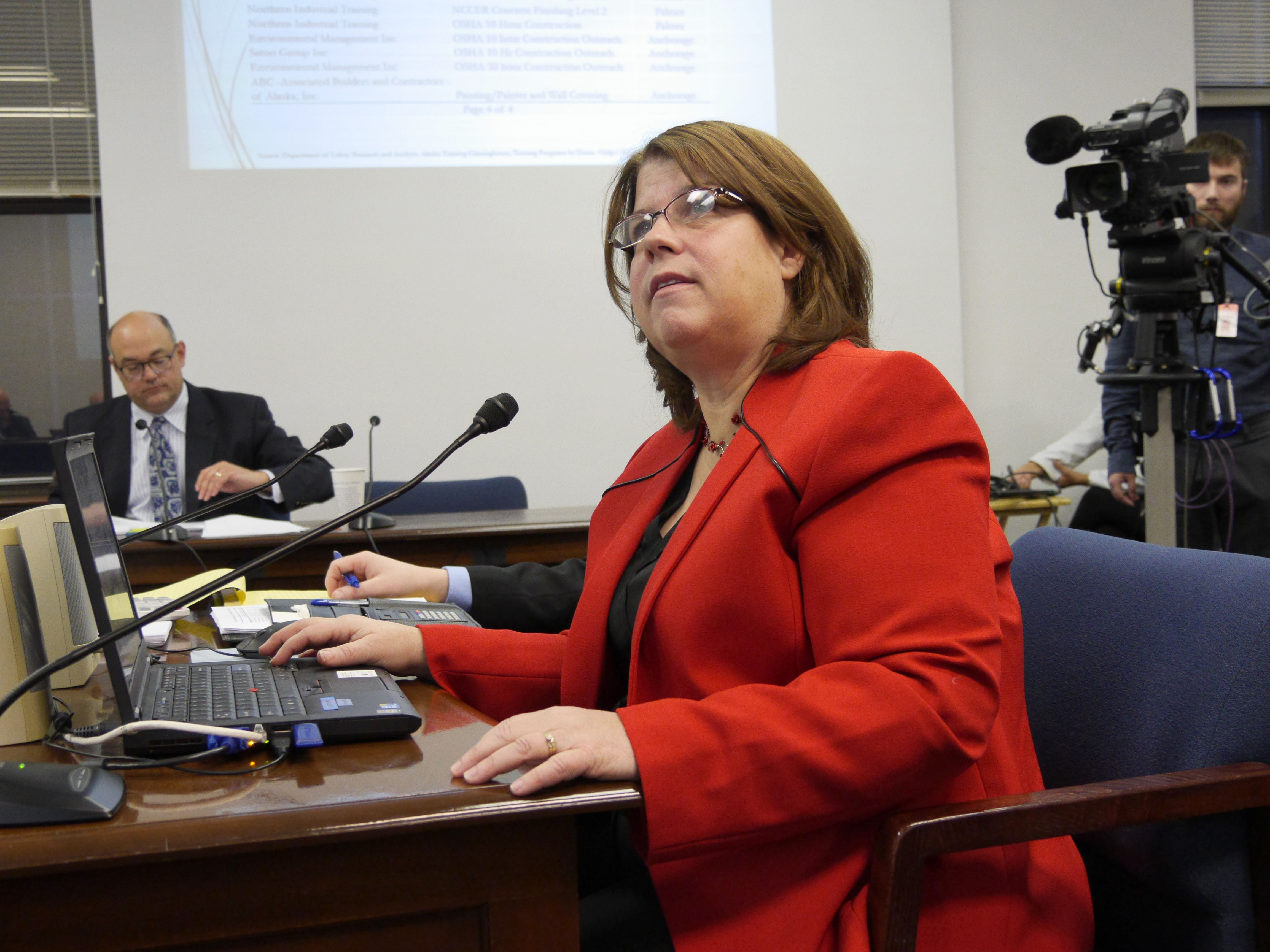
Lawmakers are seeking to prevent law enforcement from requiring those accused of crimes – and their family members or associates — to forfeit their property before they’re convicted.
A bill introduced in the Legislature, House Bill 42, is part of a national trend targeting what’s known as “civil asset forfeiture.”
Bill sponsor North Pole Rep. Tammie Wilson said she wants to set up a legal process that will make it easier for people to keep their possessions.
“This has to do with the belongings that are taken,” Wilson said. “They still can be seized. But now there will be a process for those who were not involved to be able to get their items back without a lengthy proceeding and (having) to get an attorney to be able to do that.”
Wilson gave an example of what the law is trying to prevent: a case where a person lends their car to a roommate, who then uses it to rob a liquor store.
Wilson said the state could take the car under current law.
But the bill would put the burden on the state to show that the car owner was aware that it could be used in a crime.
John Skidmore, who directs the Department of Law’s Criminal Division, said the state would benefit from making the rules for forfeiting assets more uniform. But, he said, the bill goes too far in affecting cases where forfeiture would be appropriate.
“The example that I’ve heard most frequently is the example of a flophouse or an abandoned boat someplace,” Skidmore said. “The state has to actually take possession of it in order to remove from what it is as that nuisance.”
Skidmore said he’ll work with Wilson on the bill, which has attracted sponsors from both parties.
The Drug Policy Alliance, a national group that advocates for easing drug laws, and the Resident Hunters of Alaska support the bill.
